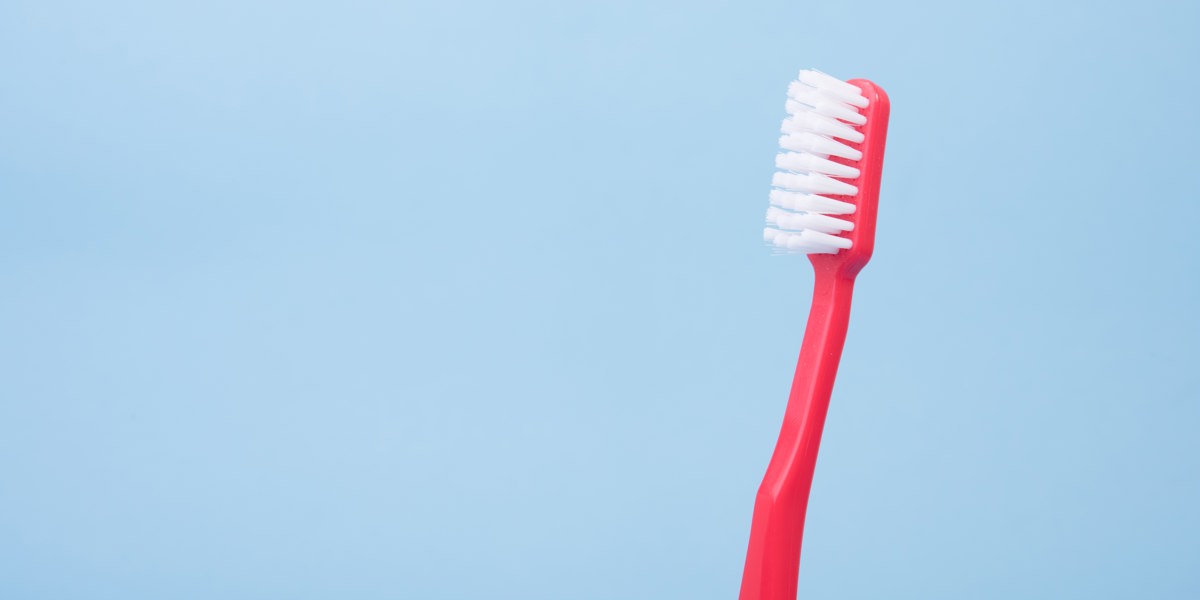
Good oral health is vital for everyone and it’s a well-known fact that many serious conditions can first be detected in the mouth.
This blog post is part of our series on ‘Helping Others’ – ahead of the 5th annual Lumino Day – held on May 5th 2018.
Care is needed for teeth, gums, and prostheses, so it’s important to know that people with special needs are especially likely to have dental problems.
It’s important for a person with special needs to visit a dentist on a regular basis and also receive on-going help with their oral care.
Here are some tips to help the person you care for maintain their oral health:
Helping someone with their oral care – Brushing tips
- Use a soft or medium bristle toothbrush and fluoride toothpaste. Stand behind the person you care for to brush (floss from the front).
- Brush teeth with a gentle circular motion on outside and inside surfaces of teeth and biting surfaces. Be careful about brushing the person’s tongue, which can be irritating and cause gagging.
- Toothbrushes should not be shared, and should be replaced every three months.
- Electric or battery-operated toothbrushes have thicker handles so may be easier to grasp and use; they also do a better job of removing food particles and plaque build-up than an ordinary toothbrush. These can be reasonably priced, and are available from your supermarket, chemist, or dentist. You can buy replacement heads for some models at the same outlets.
- If the person you care for has limited mobility, try a rubber grip on the handle of the toothbrush; these can be purchased at mobility product shops, chemists, and some Disability Information Centres.
Dr Fraser Borland, who works out of Lumino Pearl Dental Centre in Remuera, Auckland and Lumino Wairau Park says it’s highly important that the carer is on board with the oral care of the patient, knowing how often, how long and if the patient needs help with brushing.
“One of the best ways to help a patient whom has dexterity problems is to make them a custom tooth brush handle, it’s not particularly difficult and can massively benefit the patients,” he says.
Fraser says to chat to your regular dentist if you are interested in having a custom handle made.
Helping someone with their oral care – Flossing tips
- Flossing is important to dislodge trapped food particles that can cause tooth decay and odours. This can be a difficult task for people who are unwell or have reduced mobility.
- You can buy flossing brushes and other aids from your dentist, chemist or supermarket. Pleasant tasting and fluoride treated flosses are also available.
- Be gentle with older teeth and gums; they can be easily damaged or irritated.
Helping someone with oral care – Denture Care
- Soak dentures overnight in a denture cleaning solution.
- Each morning gently brush your family member’s gums and the roof of their mouth with toothpaste to remove plaque and stimulate blood flow. Dentures should be cleaned every day to remove plaque, food, and prevent staining.
- Clean dentures over a basin of cold water to avoid damage if they are dropped. Clean all surfaces with toothpaste or a denture cleaner and a small toothbrush (soaking only loosens debris; brushing is important too). Once a day is enough.
- Remove dentures after meals to rinse them and your family member’s mouth. If using dental paste, clean old paste from gums and dentures before re-inserting dentures.
- Don’t try to fixed broken, chipped, or cracked dentures at home. Take them to the dentist for a professional repair. If the dentures become loose or don’t fit as well as they used to, see the dentist straightaway. Poorly fitting dentures can cause painful sores.
- If you notice a build-up of stain or scale on dentures, have them cleaned by the dentist or hygienist.
- Always put dentures in cold water when the person you care for is not wearing them, to prevent warping.
Lumino The Dentists is working hand-in-hand with Carers NZ for the fifth annual Lumino Day, one of the largest free dental events in New Zealand with thousands of dollars of free dental treatment given away each year.
It’s a day set aside to provide an opportunity for a deserving group of people in the community to visit their local Lumino dentist and have their basic dental treatment done for free.
We thank Carers NZ and Lumino dentist, Dr Fraser Borland, for their assistance with this article.